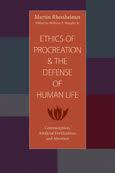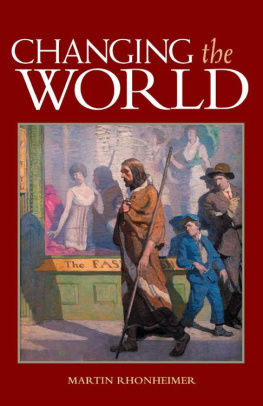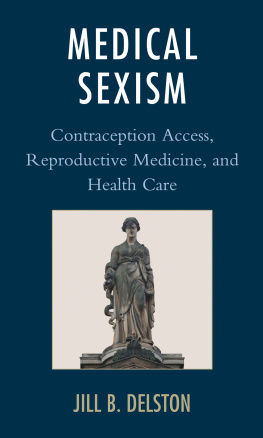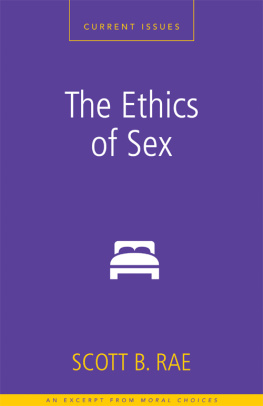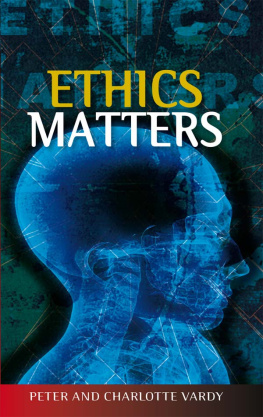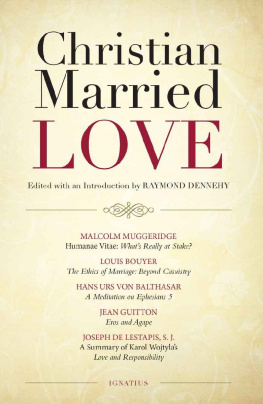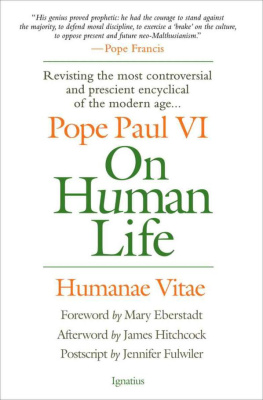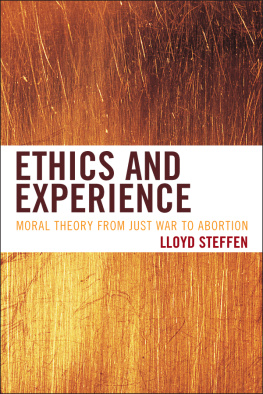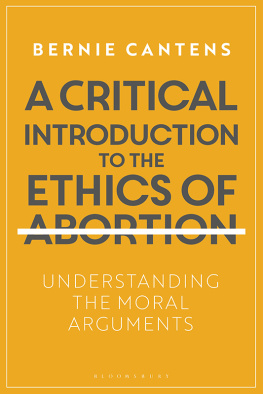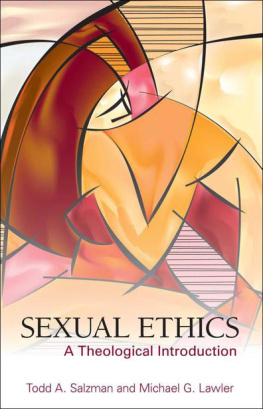Martin Rhonheimer - The Ethics of Procreation and the Defense of Human Life: Contraception, Artificial Fertilization, and Abortion
Here you can read online Martin Rhonheimer - The Ethics of Procreation and the Defense of Human Life: Contraception, Artificial Fertilization, and Abortion full text of the book (entire story) in english for free. Download pdf and epub, get meaning, cover and reviews about this ebook. year: 2010, publisher: Catholic University of America Press, genre: Religion. Description of the work, (preface) as well as reviews are available. Best literature library LitArk.com created for fans of good reading and offers a wide selection of genres:
Romance novel
Science fiction
Adventure
Detective
Science
History
Home and family
Prose
Art
Politics
Computer
Non-fiction
Religion
Business
Children
Humor
Choose a favorite category and find really read worthwhile books. Enjoy immersion in the world of imagination, feel the emotions of the characters or learn something new for yourself, make an fascinating discovery.
- Book:The Ethics of Procreation and the Defense of Human Life: Contraception, Artificial Fertilization, and Abortion
- Author:
- Publisher:Catholic University of America Press
- Genre:
- Year:2010
- Rating:3 / 5
- Favourites:Add to favourites
- Your mark:
The Ethics of Procreation and the Defense of Human Life: Contraception, Artificial Fertilization, and Abortion: summary, description and annotation
We offer to read an annotation, description, summary or preface (depends on what the author of the book "The Ethics of Procreation and the Defense of Human Life: Contraception, Artificial Fertilization, and Abortion" wrote himself). If you haven't found the necessary information about the book — write in the comments, we will try to find it.
With Rhonheimers characteristic circumspection and rigor, his discussion of sexual ethics provides compelling argumentation in support of Catholic teaching against contraception. He applies this analysis to the related case of using contraceptives under the threat of rape. Rhonheimer agrees with trusted Catholic moralists, who from the early 1960s to the present have concluded that such use would be licit. He shows, moreover, both the flaws in alternative analyses and how the same conclusions can be reached in a defensible manner while upholding the teachings ofHumanae VitaeandVeritatis Splendor.
Rhonheimer applies his philosophical acumen to another set of difficult moral questions about contemporary threats to the sanctity of human life, including artificial reproduction and abortion. Regarding artificial reproduction, his treatment further illustrates both the fecundity of his application of Thomistic virtue and action analysis and his insistence on the moral link between sex and procreation. Finally, he not only provides a rigorous rebuttal of some of the leading arguments justifying abortion, but offers readers an example of his writings in political philosophy through a profound reflection on the defense of human life in a constitutional democracy.
ABOUT THE AUTHOR AND EDITOR:
Martin Rhonheimer is professor of ethics and political philosophy at the Pontifical University of the Holy Cross in Rome. His publications include a dozen books, several of which have been translated into multiple languages.Ethics of Procreation and the Defense of Human Lifewas brought into English by William F. Murphy Jr., associate professor of moral theology at the Pontifical College Josephinum and editor of theJosephinum Journal of Theology.
PRAISE FOR THE BOOK:
Martin Rhonheimer has been a key voice in the revival of natural law theorizing and casuistry in recent decades. His work is triply important for this revival. . . . [An] important and rewarding book. --Christopher Tollefsen,Thomist
Martin Rhonheimer: author's other books
Who wrote The Ethics of Procreation and the Defense of Human Life: Contraception, Artificial Fertilization, and Abortion? Find out the surname, the name of the author of the book and a list of all author's works by series.

